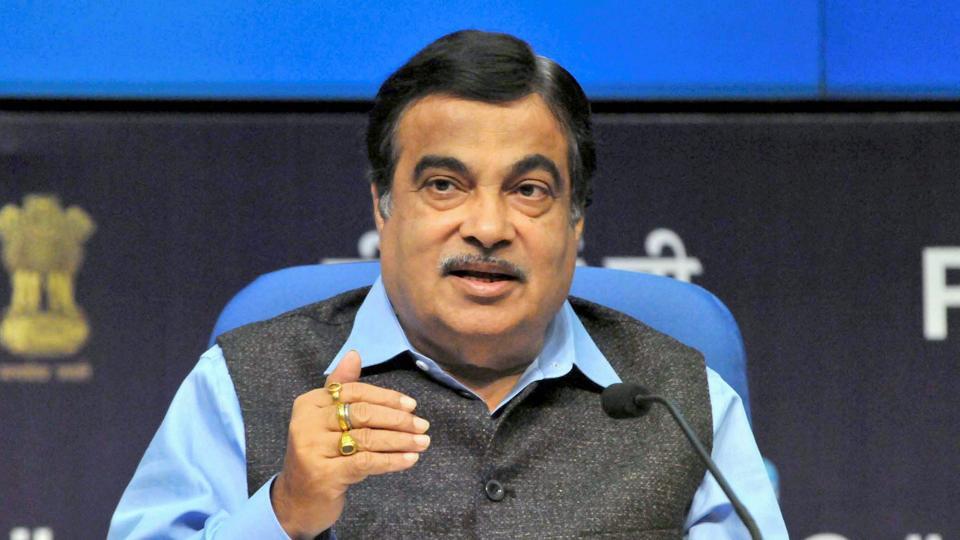Indian government is constantly working to bring down pollution levels across the country and which is why it is aiming to increase the number of electric vehicles.
After a considerable cut in GST applicable on electric vehicles, the centre has now sanctioned more electric buses to be used across 65 cities of India in the near future.

Meanwhile, Union Minister of Road Transport and Highways Nitin Gadkari Monday had said that all buses in India would be converted into electric within a span two years.
“In the coming two years, all buses will be converted to electric,” Nitin Gadkari said at the national conclave on energy efficiency in micro, small and medium enterprises in the national capital.
According to government data in 2018, there are about 19 lakh buses in India and only 2.8 lakh of them are run by state transport.
“They will run on bio-CNG, ethanol, methanol.” The Economic Times reported Nitin Gadkari as saying.
The Union Minister had maintained that the government will not force the industry to make a switch to cleaner sources of mobility. He said that there was no need to ban petrol and diesel vehicles or make a switch to EVs mandatory.
Gadkari had previously said that the shift to electric mobility is bound to happen naturally. “I would like to clarify that govt does not intend to ban petrol and diesel vehicles. We aren’t going to do anything like that,” he added.
The union minister has highlighted the virtual importance of EVs and had also lent his support to the country’s auto industry which at present is reeling under its worst slowdown in 2 decades.
The decision is the latest in the process to promote clean mobility modes in India.
In order to boost the indigenous production of electric vehicles, the government is also working on to set up four new giga factories for battery manufacturing within the country itself instead of depending on other countries.
This would lead to a massive reduction in import of lithium-ion batteries from countries like China and will also enable more price reduction in the electric vehicles being sold in India.
Green Number Plates are now ‘compulsory’ for all Electric Vehicles in India
The government had previously proposed a unique green-coloured number plate for all-electric vehicles in India.
The Central government has asked the state transport departments to make it compulsory for all Electric Vehicles to implement the use of the green number plates, despite the year in which they were bought.
It has been said that the number plate is supposed to have the vehicle number inscribed in white colour on a green background. The new proposal is supposed to help provide better treatment to the vehicles with no carbon emissions, like parking, free entry in congested areas including concessional toll on highways.
With the new introduction of the second phase of FAME – Faster Adoption and Manufacturing of (Hybrid &) Electric Vehicles scheme back in February this year, the centre announced multiple incentives for EV users and makers the same through a total set budget of Rs 10,000 crore.
The assigned budget under the FAME-II will also be used to establish an EV infrastructure across India including charging stations.
With the second phase of the FAME scheme, the government plans to support roughly around 1 million e-two-wheelers, 500,000 e-three-wheelers, 55,000 e-four-wheelers and 7,000 e-buses. Around 7200 charging stations will be set up across major cities of India.











